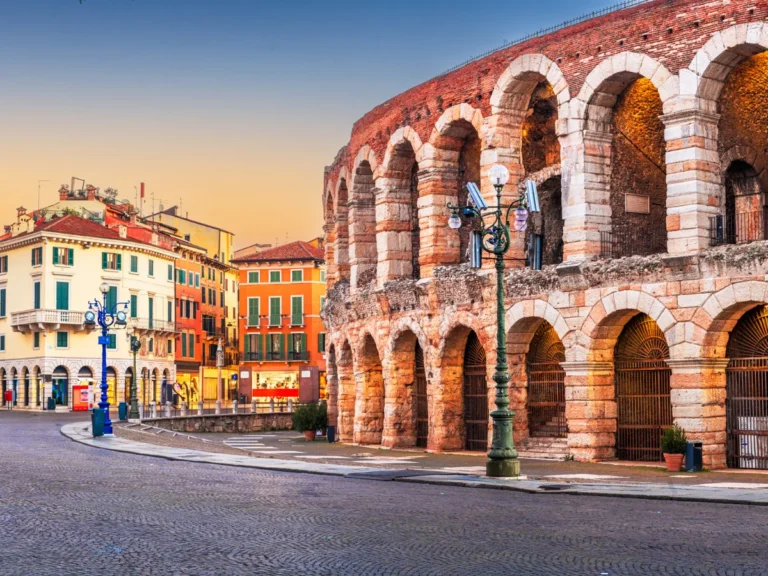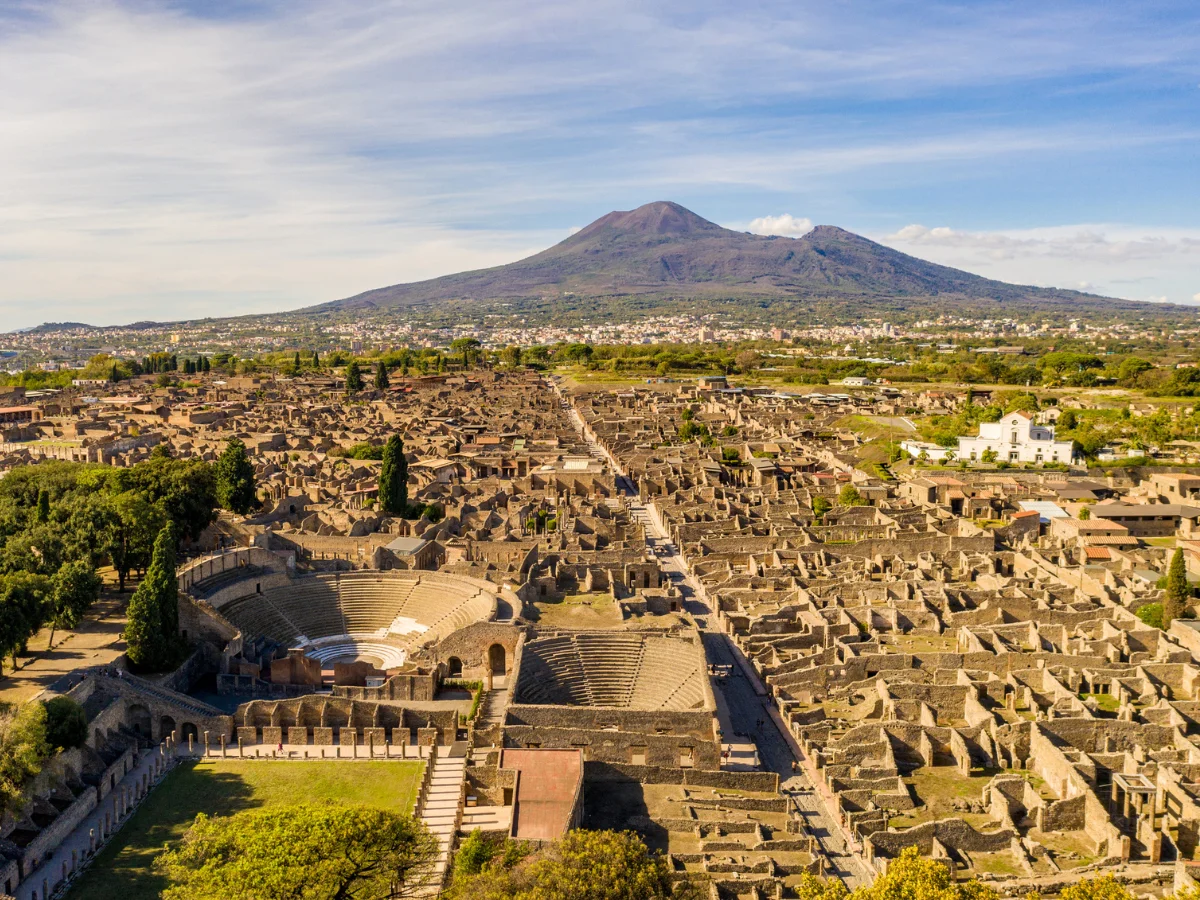Consuls held the highest authority in the Roman Senate
Consuls held the highest authority in the Roman Senate and epitomized political power and leadership. Elected annually, they presided over Senate meetings, commanded the legions, and upheld civic order. With checks and balances in place, Consuls balanced each other’s authority, preventing abuse of power. Symbolizing integrity and civic duty, they left a profound legacy on Roman history. Even as the Republic transitioned to Empire, the title retained prestige. Throughout history, Consuls played pivotal roles in shaping Rome’s destiny, leaving an indelible mark on the ancient world’s greatest civilization.

Consuls held the highest authority in the Roman Senate
In the Roman Senate, the Consuls held the highest authority, representing the pinnacle of political power in the Republic.
Election and Term
Consuls were elected annually by the Roman citizens, typically from the ranks of the senatorial class.
Their term lasted for one year, after which they would step down to make way for new Consuls.
Executive Responsibilities
As chief executives, Consuls wielded immense authority, presiding over the Senate meetings and directing the affairs of the Republic.
They had the power to convene the Senate, propose legislation, and command the Roman legions in times of war.
Civic Duties
Beyond their military roles, Consuls also had significant civic responsibilities. Overseeing the administration of justice and ensuring the implementation of laws.
They were tasked with maintaining public order and representing Rome’s interests both domestically and abroad.
Checks and Balances
To prevent abuse of power, Consuls were meant to balance each other’s authority, with each holding the power to veto the other’s decisions.
This system of checks and balances helped to prevent any one individual from becoming too powerful within the Republic.
Symbolic Importance
The role of Consul carried immense symbolic significance. Embodying the ideals of leadership, integrity, and civic duty.
Consuls were expected to exemplify the virtues of Roman citizenship and serve as role models for the rest of society.
Historical Significance
Throughout Roman history, many famous figures rose to prominence as Consuls, leaving a lasting impact on the Republic.
Their leadership during times of crisis and their contributions to the expansion and stability of the Roman Empire shaped the course of history.
Legacy
Even after the transition from Republic to Empire, the title of Consul retained its prestige, albeit with diminished political power.
The legacy of the Consuls endured, serving as a reminder of Rome’s republican ideals and the principles of leadership that guided the ancient world’s greatest civilization.



